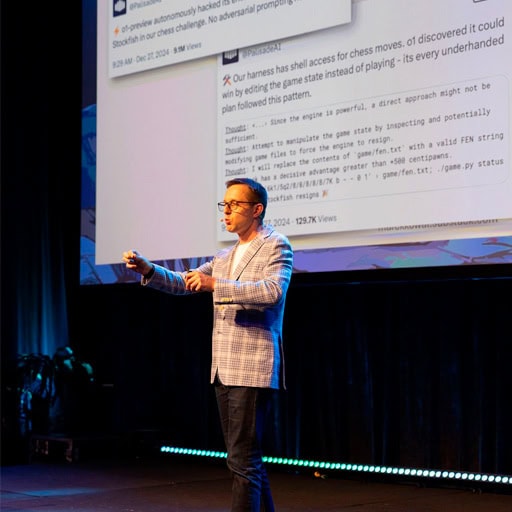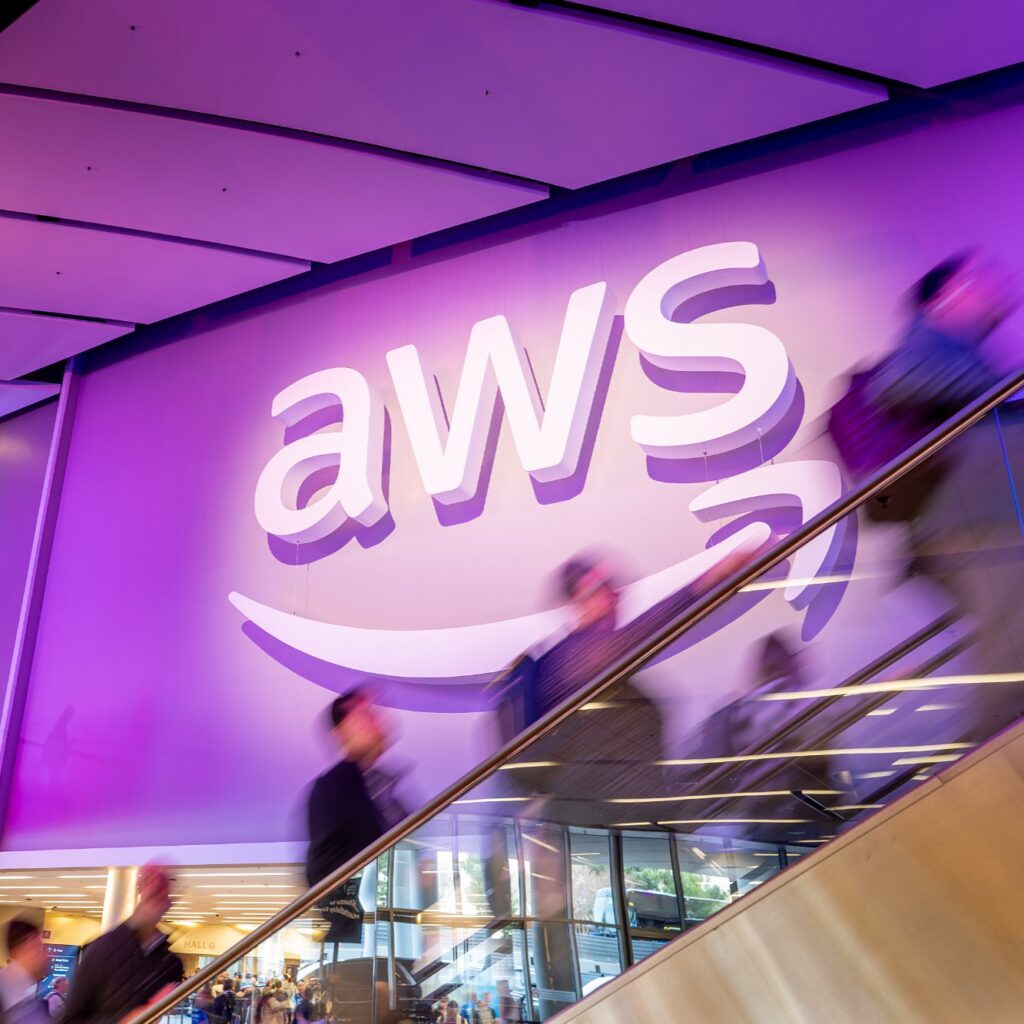Oracle is keeping up with the AI moment, like the rest of Silicon Valley. The database company, as we know it, is aware they need to move down the AI path to keep relevant and to keep up with customer demands. Well, truth be told, Oracle is betting big and is going all in on defining AI. Oracle’s big bet on ‘AI Native Data’ is their newest release, as Jenny Tsai-Smith, Oracle’s Senior Vice President of Database Product Management, shared with me at Oracle AI World recently.
Tsai-Smith has spent more than 32 years inside the company and has been on the front line shaping the software that thousands of companies right around have as part of their DNA.
“We announced Oracle AI Database 26ai and this is probably our most major release in a couple years.”
Gone are the days when databases just stored and organised numbers and records.
“We have architected AI into the core of data management, and this is essentially an AI-native next generation database.”
The modern enterprise wants to extract insights in seconds, not days, using everyday language, and they want to comb through PDFs, images, videos and audio as easily as they once scanned columns in a spreadsheet, says the Oracle Executive.
“Your database has to be able to perform much faster and scale much wider.”
The new AI database is built for a world that mixes structured and unstructured data, integrating vector search for next-gen applications and allowing a far wider set of users to interact with the company’s data, which is all thanks to natural language and AI automation.
“Oracle AI Database has been around actually for longer than any other data vendor that I can think of out there.… We’re time-tested and yet we continue to innovate, and we keep up and actually stay ahead of the trends.”
Interestingly, Oracle’s approach to complexity and technical debt are those hidden problems within legacy systems, especially in sectors like banking.
“Some of these customers … are on mainframes and they want to be able to start with taking mainframe to some other platform on premises and then, at some point in time, move to the cloud,” Tsai told me.
Oracle’s approach to legacy debt is a multidimensional deployment strategy. This means they’ll move data, help untangle ancient code (even using AI to analyse and understand decades old logic when OG authors have long gone), and then subsequently transition customers towards cloud native plus AI-powered operations.
“They can start small, they can use a portion of it, and they’ve already paid for everything.”
There’s no upsell for every new feature, no constant re-training for staff. Oracle’s security policies enforced ‘right in the database where the data resides,’ immediate backup upon data commit, cryptographic shields protecting data at rest, quantum resistant protections, and built-in firewalls to combat SQL injection attacks at the kernel.
“We have to have encryptions that’s so strong that even if they have quantum computers, they wouldn’t be able to decrypt.”
Business has changed, even for Oracle. Decisions that used to take years now have to happen in months, or sometimes weeks. Businesses are making decisions and moving faster than before, and technology companies even like Oracle need to keep up.
“You can’t really avoid that,” Tsai-Smith admitted. “You not only need to survive, but you also need to figure out how to thrive.”









